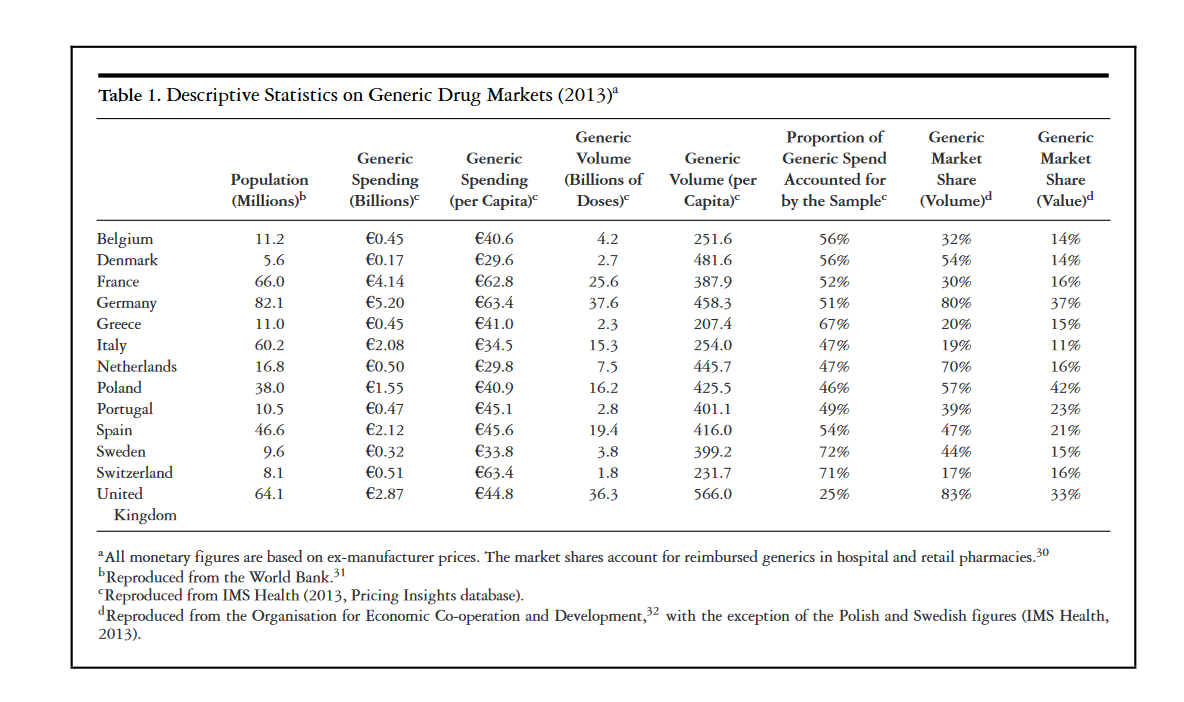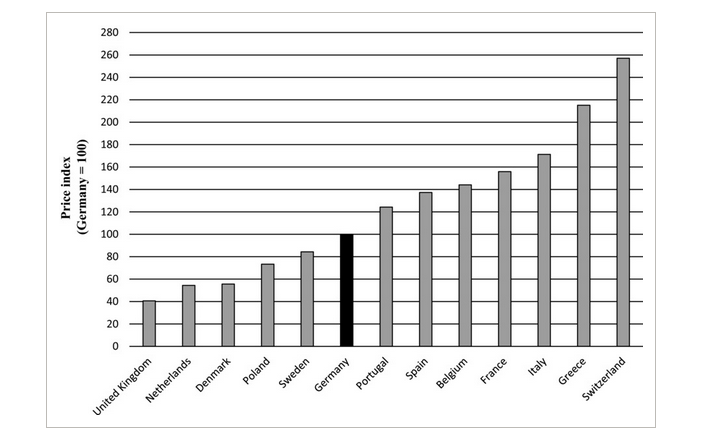The Chinese government has launched six rounds of national drug price negotiation since 2016 to lower the price and expand access to innovative drugs, many of which are anticancer drugs. This study aims to examine the effect of the second round of negotiation at the provincial level on the expenditure, volume, and availability of anti-cancer drugs. Procurement data at the provincial level from January 2017 to September 2018 were extracted from the China Drug Supply Information Platform (CDSIP).
https://www.ncbi.nlm.nih.gov/pmc/articles/PMC9025142/
I am wondering if market size is inversely correlated with negotiated drug prices, or it's something more complex where more variables come at play.
https://www.bloomberg.com/graphics/2019-china-healthcare/
Less than five years ago, Chinese healthcare was a closed-off, low-quality system where the richest left the country for medicines and treatments, and the poorest took a bad diagnosis as a death sentence. Now, the world’s second largest economy is striving to become a place where patients can get the best, newest drugs and services faster and cheaper than anywhere else. Pressured by its growing middle class, the Chinese government has set itself an ambitious target: first-world health outcomes at a fraction of the cost that other countries, especially the U.S., pays.

